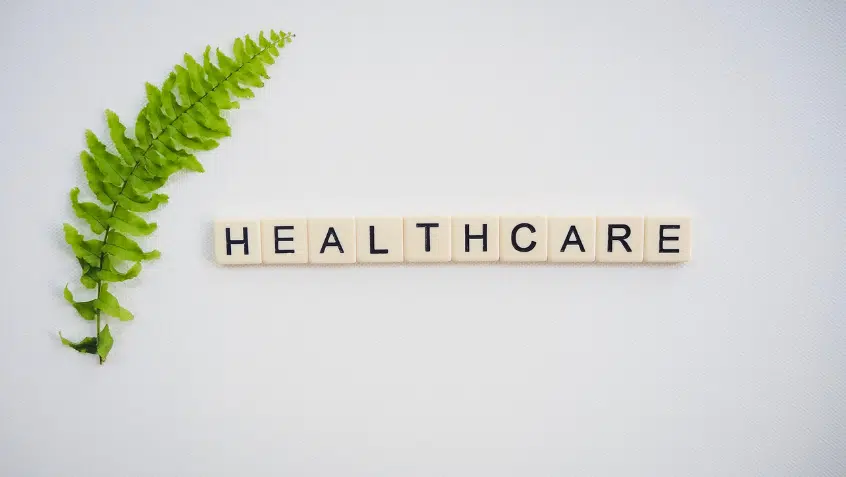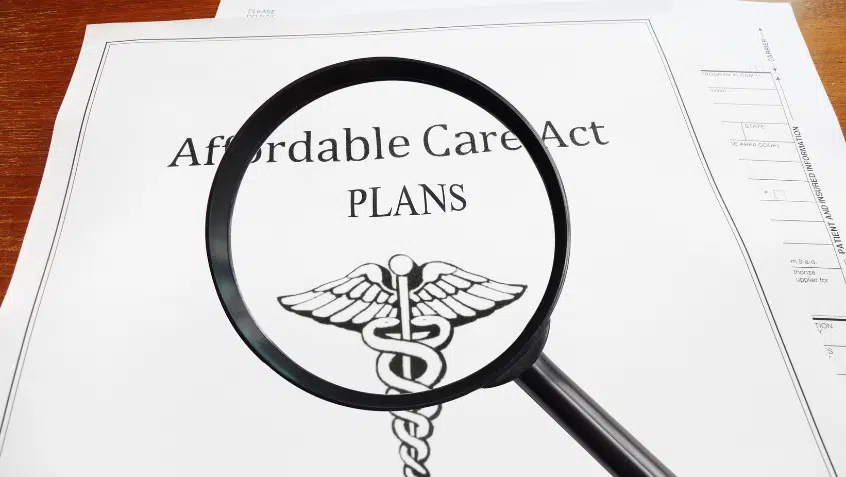Join Us Live for a Discussion on Medicare, Democracy, and the Future of Health Care
According to a New Study, Four in Ten Adults Struggle to Afford Health Care

A recent study by the polling firm Gallup and the nonprofit West Health, which focuses on lowering health care costs for older adults, found that nearly 40% of American adults in the past six months have struggled to afford health care, including prescription drugs. They have borrowed money, cut back on other household expenses like food, utilities, or driving, or skipped needed care entirely.
Unsurprisingly, the lowest income bracket has been the hardest hit. For the overall population, 26% have skipped or delayed care and prescriptions. For the population making under $24,000 per year, that number increases to 43%. Women (30%) are more likely to report cutting back on care than men (22%).
Health care cost increases, and prescription drug prices in particular, have outpaced broader inflation rates for years, but current, historically high inflation has affected other goods and services as well. Food and gas have been the most affected recently, while health care increases have trailed somewhat behind—partly because insurers and Medicare set their rates months in advance, which can cause them to lag behind broader market changes. But health care costs were high to begin with. Inflation has unquestionably made them more so while also worsening affordability for other basic needs, forcing far too many people to make impossible choices.
There is some good news, as inflation slowed markedly in July. But consumers of all ages are likely to face difficult financial choices for the foreseeable future. And some treatments, especially prescription drugs, were already too costly for many to afford.
While the Inflation Reduction Act of 2022 should help ease inflation and also includes provisions to reduce out-of-pocket expenses for prescription drugs in Medicare, more must be done to ensure people of all ages and incomes have access to high-quality, affordable health care without financial barriers or burdens. We will continue to work with Congress and the Administration to find ways to ensure that people do not have to choose between treating their medical condition and paying for food and other necessities.
Show Comments
We welcome thoughtful, respectful discussion on our website. To maintain a safe and constructive environment, comments that include profanity or violent, threatening language will be hidden. We may ban commentors who repeatedly cross these guidelines.
Help Us Protect & Strengthen Medicare.
Donate today and make a lasting impact.
The Latest
Most Read
Add Medicare to Your Inbox
Sign up to receive Medicare news, policy developments, and other useful updates from the Medicare Rights.
View this profile on InstagramMedicare Rights Center (@medicarerights) • Instagram photos and videos









